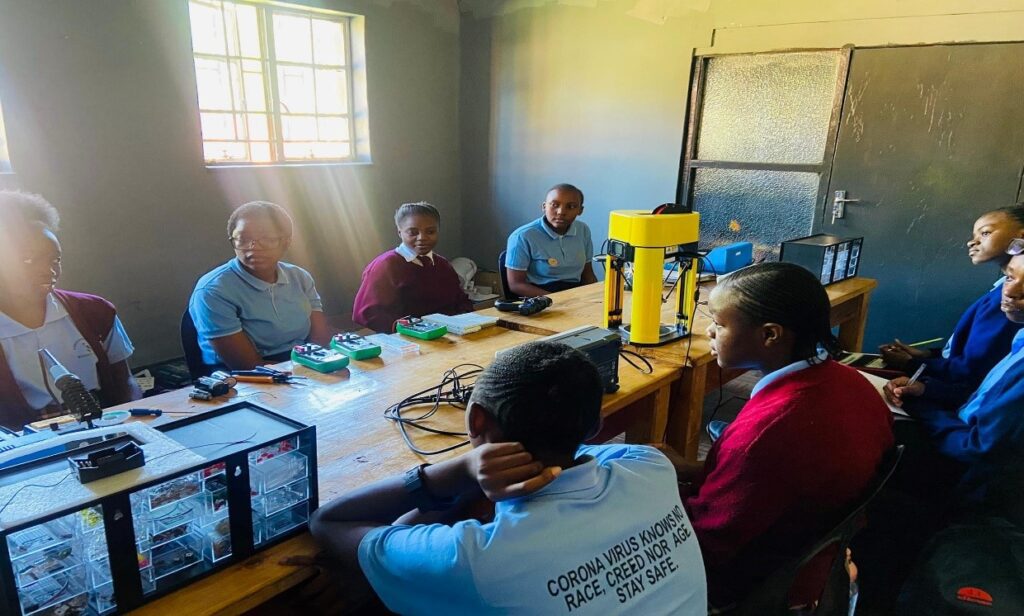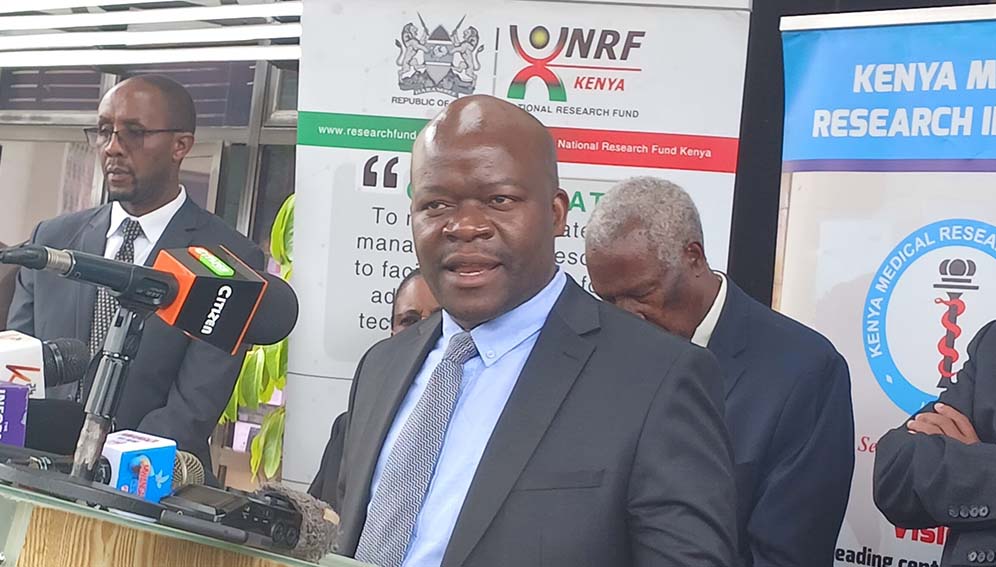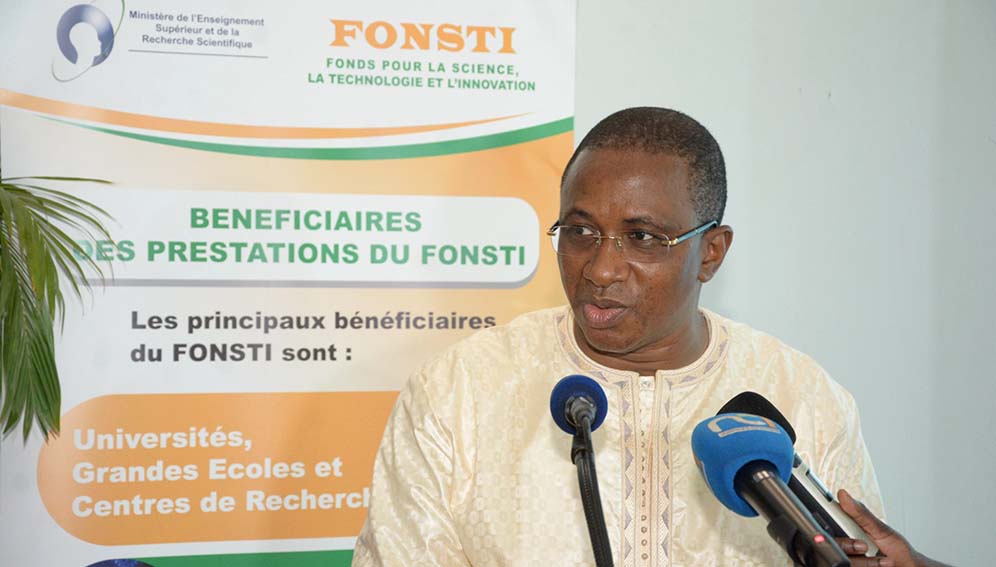SGCI News
[NAIROBI] Zambian researchers are using three strategic interventions to enhance the participation and hands-on practice of women and young people in science, technology, engineering, and mathematics (STEM). The women in…
[NAIROBI] Zambian researchers are using three strategic interventions to enhance the participation and hands-on practice of women and young people in science, technology, engineering, and mathematics (STEM).
The women in STEM conference, the STEM boot camp, and the STEM festival are organised as part of a partnership of the country’s National Science and Technology Council (NSTC) and the STEM Foundation, together with the Science Granting Councils Initiative.
Launched in 2022, the activities are now incorporated into the annual National Science Week. Preparations are underway for this year’s event, which will occur the first week of November.
As part of this year’s initiative, 100 girls drawn from schools that participated in the 2023 STEM boot camp will be mentored by seasoned scientists, including renowned experts in their field, explained Atridah Mulonga, grants programme officer at NSTC.
The girls will receive intensive coaching in STEM-related subjects as well as honing critical thinking, problem-solving, and financial literacy skills, she said.
Mulonga said the three initiatives were rolled out to address the low participation of girls in STEM, dearth of women in leadership, and lack of hands-on practice in STEM education in Zambia.
“The women in STEM conference aims to encourage and inspire young girls to take STEM-related careers…to be able to contribute towards the development of the country,” said Mulonga.
She said the conference, held on the last day of National Science Week, also opens up solutions that could strengthen the capacity of women and girls and improve their chances of attaining leadership positions.

The STEM festival, which is open to the public and includes talks from STEM experts, aims to enhance and promote STEM education among the larger community, according to Mulonga.
“There is a lot of interest amongst learners, especially girls to get involved and seriously take up STEM-related careers,” she said.
“Conversations have been sparked in the community [as a result of the festival] to encourage girls to participate in STEM education and activities.”
Meanwhile, 100 people are currently participating in the STEM bootcamp from ten different schools.
“The learners are taken through intense coaching in STEM subjects, coding, robotics, and problem-solving and…asked to come up with innovative solutions to challenges in selected areas of national interest such as agriculture and cyber security,” explained Mulonga.
Mulonga, acknowledges, however, that the scope of the initiative is constrained by funding.
“The activities can only take up and reach out to a limited number of young girls due to limited resources,” she said.
“We wish to have more resources allocated so that these activities can be organised in other parts of the country.”
Jemimah Njuki, chief of the economic empowerment section at UN Women, lauds the project as a timely intervention in a world that is becoming more automated and dependent on technology across all fields and disciplines.
“It is important that we are intentional about activities to bring young women into STEM…because such activities help young women to develop skills that are valuable and help challenge gender stereotypes about girls and young women in STEM,” said Njuki.
“They give young women confidence that their place is in STEM.”
She said UN Women was also trying to increase the number of women in STEM through its African Girls Can Code Initiative, implemented with the International Telecommunication Union and the African Union in 11 countries.
“The benefits of increasing girls’ and women’s access to STEM education are mutually beneficial for women and girls and for the STEM field and the world,” she added.
Article By Gilbert Nakweya
Related News
Kenya’s postgraduate research grants
The National Research Fund (NRF), Kenya, invites applications for postgraduate research grants for the 2025/2026 financial year. This national research call is a strategic intervention to strengthen Kenya’s Science, Technology, and Innovation (STI) ecosystem by supporting high-quality postgraduate research that drives innovation, informs evidence-based policymaking,…
The FONSTI mag: A new era for science storytelling in Côte d’Ivoire
Effective research communication is central to ensuring that science informs policy, reaches communities, and inspires the next generation of scientists. Science Granting Councils Initiative (SGCI), members are increasingly experimenting with creative, people-centred ways of making research more visible, accessible, and relevant beyond academic circles and…
Advancing STI systems through Kenya’s silicon savannah
The National Research Fund (NRF) leadership, last week, joined the principal secretary of the State Department for Science, Research and Innovation, Haukat Abdulrazak, on a strategic visit to Konza Technopolis, Kenya’s flagship innovation ecosystem and a cornerstone of the country’s ambition to become a knowledge-based…
SGCI funded projects
Rwanda’s integrated approach to sustainable agriculture and nutrition
Project Titles & Institution Areas of Research Number of Projects being funded Project Duration Grant Amount In-Kind Distribution Council Collaboration with other councils




